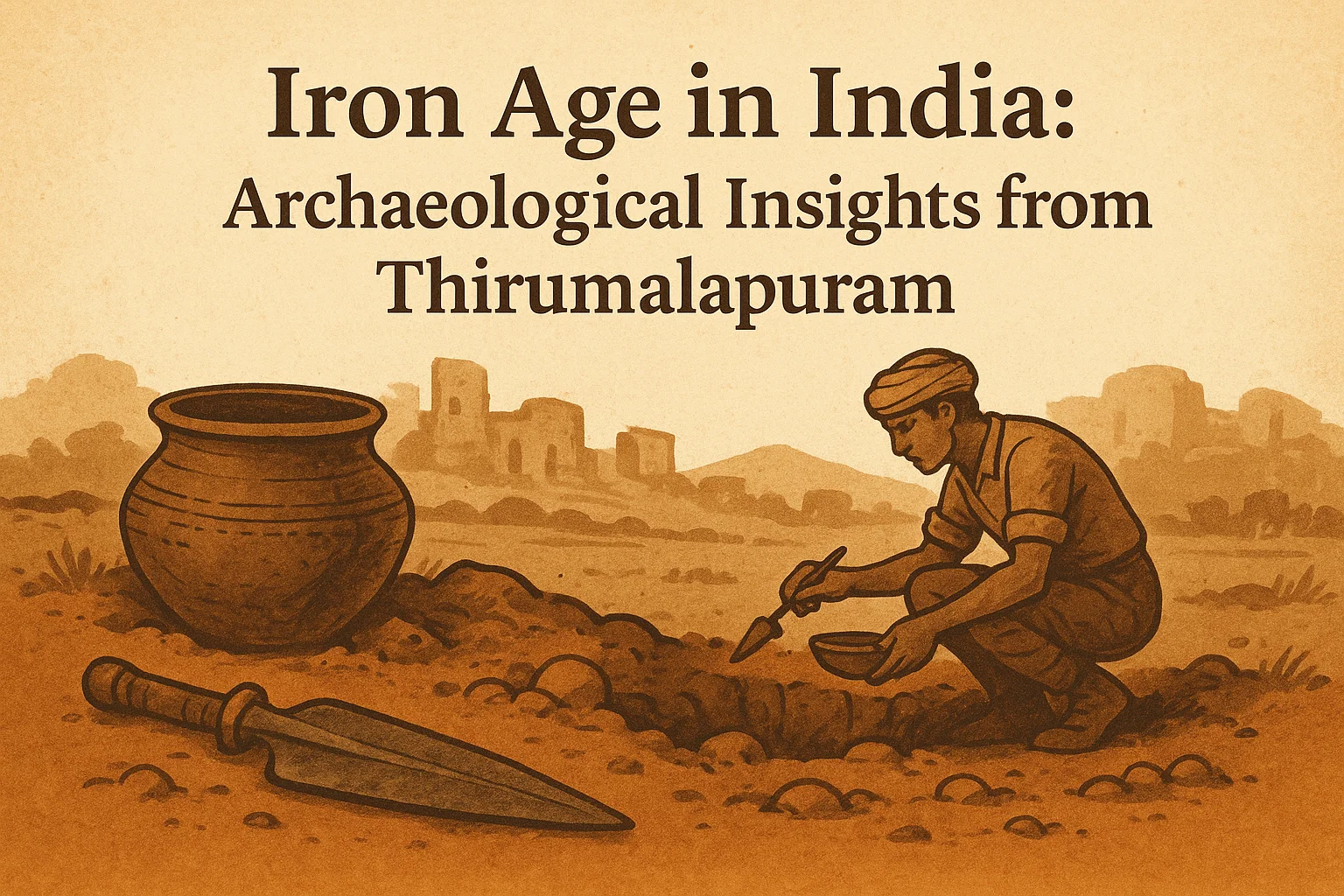Online Gaming Regulation in India
Explore Online Gaming Regulation in India, as recently seen in India’s Online Gaming Act 2025 – banning Real-Money Games, tackling addiction & fraud, while promoting e-sports and safe digital play.

Introduction
The rise of online gaming has presented challenges and opportunities across the world. Nowhere, however, has the tension between entertainment, social harm, financial governance, and national security been more visible than in India. On 20 August 2025, the Lok Sabha passed the Promotion and Regulation of Online Gaming Bill after only seven minutes of debate. The Rajya Sabha passed it the following day, and it received Presidential Assent on 22 August. This law, discussed by Virag Gupta in his article “What Does the New Online Gaming Act Outline?” (The Hindu, 26 August 2025), represents a dramatic attempt by the Indian Government to prohibit Real Money Games (RMGs) while supporting the growth of e-sports and social gaming.
This essay examines the reasons for such a law, the constitutional and legal debates it has triggered, the implications for public health and financial security, and its likely limitations. It argues that while the Act addresses urgent harms associated with online money gaming, its practical enforcement and constitutional legitimacy remain uncertain.
Growth of Online Gaming
Over the past decade, online gaming in India has moved from being a niche form of entertainment to a central feature of the digital economy. There are three main categories of online games: e-sports, social gaming, and real money games. E-sports are competitive contests recognised under the National Sports Governance Act of 2025, while social games involve recreational or educational play without financial stakes. Real money games differ sharply from both, because participants pay fees with the expectation of winning or losing real financial rewards.
By 2025, this industry had grown into a multi-billion-rupee sector, driven by technological advances, widespread smartphone use, and aggressive advertising campaigns. Many RMG platforms were endorsed by prominent celebrities, lending them legitimacy in the eyes of users. Yet, the costs of such growth quickly became apparent. Families lost significant sums, and individuals experienced emotional distress. The World Health Organization (WHO) has linked RMGs to compulsive behaviour, psychological problems, and family breakdowns. In one striking case, Karnataka recorded thirty-two suicides associated with online gaming addiction over a period of thirty-one months.
Financial Pressures
The government’s economic rationale for the Act is compelling. Official data suggest that Indians lose approximately ₹15,000 crore each year through RMG platforms. This figure is not viewed as ordinary entertainment spending, but as catastrophic financial harm leading to bankruptcy and poverty, particularly for lower- and middle-income families.
In addition to household losses, the industry has been accused of large-scale tax evasion. Reports range from ₹2,000 crore in lost revenue identified by the Financial Intelligence Unit in 2022 to allegations of ₹30,000 crore in evasion of Goods and Services Tax (GST). Such tax avoidance undermines national finances and weakens the ability of the state to fund welfare and development programmes.
Cases of direct fraud have also been uncovered. For example, the Chinese app FIEWIN was reported to have defrauded Indian users of ₹400 crore. Investigations revealed the use of mule accounts, cryptocurrency wallets, and complex laundering techniques to disguise illicit transfers. This not only drained individual savings but also compromised national financial stability.
Security Concerns
The problem is not simply financial; it is also linked to national security. Parliamentary committees and security agencies have warned that certain gaming platforms have been used to channel funds to terror organisations. Through false transactions and hidden networks, online gaming has at times served as a cover for money laundering and unlawful cross-border activity.
Furthermore, many operators function outside India’s legal jurisdiction. They employ offshore servers, use virtual private networks (VPNs), and exploit international loopholes. This means that state-level bans, such as those introduced in Telangana, Andhra Pradesh, and Tamil Nadu, often proved ineffective. Users could still access restricted platforms, and companies could easily relocate operations to more permissive regions.
To address this, the new Act empowers the Indian Computer Emergency Response Team (CERT-IN) to block or disable illegal platforms, and it even envisages the involvement of Interpol for cross-border enforcement. The government hopes that centralised control will replace the confusing patchwork of state regulations and close the gaps that offshore companies exploit.
Legal Complexity
Despite its strong rationale, the Act raises serious constitutional and legal questions. Under the Indian Constitution, Entries 34 and 62 of the State List reserve gambling and betting regulation for state governments. By legislating at the national level, the central government is accused of overstepping its authority.
Additionally, the Act does not distinguish between games of skill and games of chance. This is a deliberate choice, since many gaming companies have long defended themselves by arguing that their platforms—such as fantasy sports or rummy—require significant skill and therefore should not be equated with gambling. The Supreme Court has previously acknowledged that games such as Rummy and Fantasy Sports involve substantial skill. By rejecting this distinction, the Act has potentially contradicted established judicial opinion.
Critics argue that this violates Article 19(1)(g) of the Constitution, which protects the right to practise any profession or trade. If the law is challenged, the Supreme Court may be asked to intervene, possibly by granting interim relief to gaming firms or by striking down provisions that fail to respect constitutional guarantees.
Public Health
Central to the debate is the government’s claim that RMGs create a public health emergency. According to policymakers, the algorithms used by gaming companies are designed in such a way that no player can be a long-term net winner. Users are lured into cycles of compulsive spending, often leading to debt and despair.
The WHO’s findings lend credibility to these claims. By linking online money games to compulsive behaviour, psychological distress, and family disruption, the organisation has framed RMGs as a serious health risk. Addiction prevention has therefore become a key justification for the law.
Civil society groups and mental health professionals have also pressured the government to act, citing cases of suicides, family breakdowns, and rising mental illness. By banning RMGs, the state presents itself as a guardian of vulnerable citizens, especially young people and those from economically weaker backgrounds.
Encouraging Safe Gaming
Importantly, the government has not sought to ban all online gaming. The Act separates e-sports and social gaming from RMGs. E-sports are encouraged as legitimate competitive activities that can promote skill, teamwork, and international recognition. Social games, meanwhile, are defined as recreational or educational in nature, without financial stakes.
The government has even pledged budgetary allocations from the Consolidated Fund of India to support the development of social gaming. This dual approach demonstrates that the objective is not to eliminate digital gaming, but to promote safe, creative, and socially beneficial alternatives.
Penalties Imposed
The Act provides severe penalties for those who continue to offer online money games. Operators may face imprisonment of up to three years, fines of up to ₹1 crore, or both. Unlawful advertising of banned games may lead to imprisonment of up to two years or fines up to ₹50 lakh.
However, in a significant choice, the law does not penalise players themselves. This is intended to avoid criminalising individuals who may already be victims of addiction, while placing full responsibility on companies and promoters.
All offences related to the operation of money games are cognisable and non-bailable, as outlined in the Bharatiya Nagarik Suraksha Sanhita (BNSS), 2023. This reflects the government’s determination to treat the issue as a serious crime.
Economic Consequences
While the Act prioritises public welfare, it comes with potential economic costs. The RMG industry claims it provides employment for more than 200,000 people across over 400 companies. A blanket ban could result in sudden job losses and reduced investment in India’s digital sector.
Critics warn that the dismantling of an industry without transitional measures risks undermining India’s ambitions to be a hub for technology and innovation. Moreover, without retraining programmes or alternative employment opportunities, workers may face considerable hardship.
Enforcement Challenges
Even with strong laws, enforcement remains a challenge. Offshore operators may continue to function through VPNs, cryptocurrency, and underground networks. Users determined to bypass restrictions may still access banned platforms.
This raises doubts about whether the Act can achieve its objectives fully. Some experts argue that instead of outright prohibition, a more nuanced regulatory approach—such as licensing, age restrictions, algorithm oversight, and taxation—might prove more effective. Without these, the risk remains that illegal operators will flourish while legitimate employment collapses.
Possible Improvements
Several refinements could strengthen the Act without undermining its intent. Restoring the distinction between games of skill and chance would bring the law in line with judicial precedent and avoid sweeping away industries built on demonstrable skill. More targeted protection of minors is also necessary, through stronger parental controls and reliable age-verification mechanisms. To address the employment shock, retraining schemes for workers in the RMG sector could help redirect talent into safer areas of the digital economy. Finally, greater transparency in gaming algorithms and closer cooperation with international regulators would improve fairness and make enforcement against offshore operators more effective. These improvements would help the law strike a more balanced relationship between public welfare, economic stability, and constitutional rights.
Conclusion
The Promotion and Regulation of Online Gaming Act, 2025, is a bold attempt by the Indian Government to respond to the dangers of unchecked online money gaming. It seeks to protect citizens from financial ruin, psychological harm, and national security risks, while simultaneously encouraging safe and innovative forms of digital play.
Yet, the Act is not without weaknesses. Its constitutional footing is fragile, its enforcement mechanisms may be inadequate, and its economic consequences could be severe. Whether it succeeds will depend on judicial interpretation, technological capacity, and the government’s willingness to refine its approach.
Ultimately, the Act highlights the difficult balance between freedom, innovation, and protection in a rapidly digitalising society. It represents not the end of debate, but the beginning of a broader conversation about how best to regulate digital entertainment in a way that safeguards both the well-being of citizens and the growth of India’s technological future.
Subscribe to our Youtube Channel for more Valuable Content – TheStudyias
Download the App to Subscribe to our Courses – Thestudyias
The Source’s Authority and Ownership of the Article is Claimed By THE STUDY IAS BY MANIKANT SINGH


